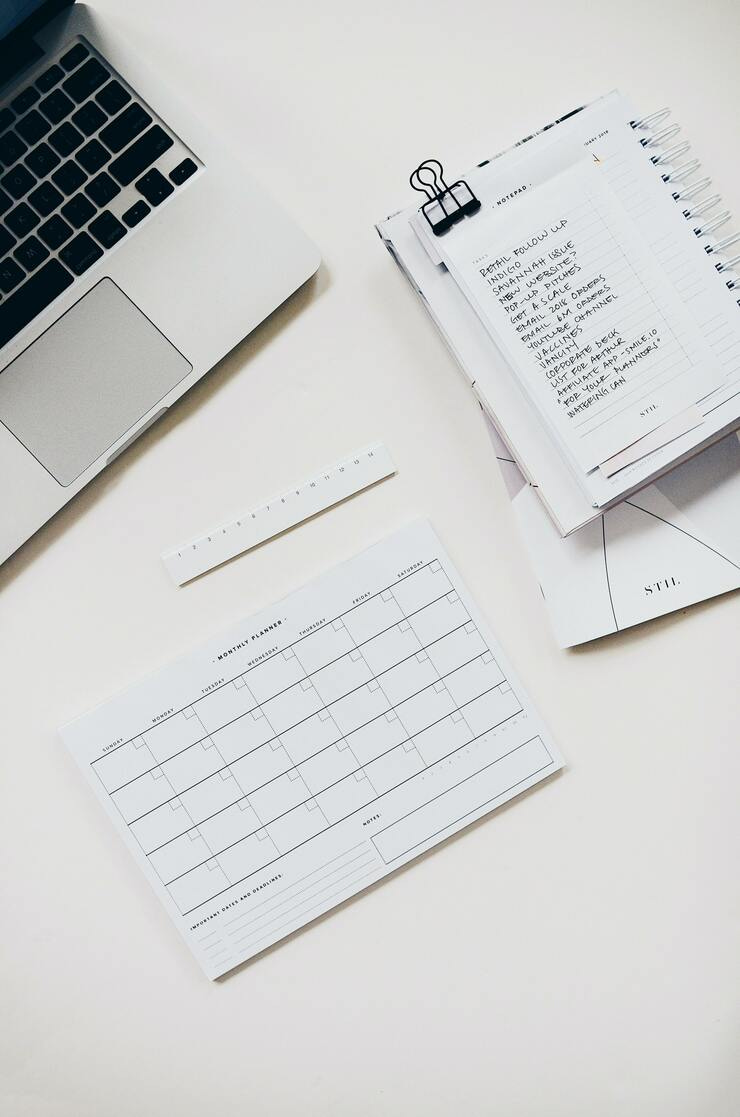How to Stay Fresh When Your Routine Falls to Pieces
Our brains were never prepared for the volume of information and tasks we face in the era of computer-assisted desk work. We require all kinds of tools, many of which are sadly lacking, to try to prop up our attention.
Despite these tools, we are still vulnerable to becoming overwhelmed and getting lost in the weeds. What can we do about it?
I'm pretty sure I have ADHD, and have likely had it all my life. There's a high correlation between Type 1 Diabetes and ADHD apparently, but whatever it is, I've managed it well.
Sure, the advent of the Internet didn't help, but I was inattentive and lacked focus before that information fire hose came along and shattered what was left of my focus.
I've taken many steps to build a functional life around my weaknesses. Some of these techniques might be useful for you, whether you have ADHD or not.
I'm a big fan of checklists. I have one for sleep, for feeling depressed, for my morning routine, for trips into London, or abroad and many more. If you think checklists sound boring, then you might want to read The Checklist Manifesto.
The first problem I had with checklists was that I started to memorise them. Once you've memorised something, it can decay, and you don't even realise it's happened. Your brain won't alert you that the integrity of your original list is questionable.
Think about driving a car. When we learn to drive, we are taught a whole bunch of checklists on what to do at every decision point. We have a checklist for changing gears, for switching lanes, for negotiating roundabouts and so on. Now when I drive, pretty much everything is unconscious, and some of my routines have decayed. It's inevitable, unless you commit yourself to refreshing your learning or taking an advanced course so that the foundations become more solid.
The same is true of work checklists.
It's so easy to mentally rattle off each item in your checklist and think "yeah, done that", but have you really? More importantly, have you consciously?
So I added another component to my checklist, shisa kanko, or "pointing and calling". If you've read my Code is Just thread, you might recall that I inadvertently discovered this system early on in my professional life.
You're taking something habitual and making it conscious, by pointing at what you're doing and literally calling it out. In fact, during surgeries, surgeons and nurses do exactly this, because steps surely will be missed if they leave it to memory. Brains are unreliable things.
Of course, this works until it doesn't when you're alone, because the pointing and calling of a list that never changes soon becomes unconscious too.
The way I fix this is to regularly rewrite and shuffle my lists. I achieve two things with this approach. I avoid the list becoming unconscious, and I introduce novelty. The brain loves novelty and consciousness keeps me on my toes.
Notes
I've got an about.me page now, you can find it here.
The link to the book above is an Amazon affiliate link. I'm not likely to make a fortune out of this, but if you buy the book via this link, I'll probably get a few pence. I'll never charge for this newsletter, so this is one way you could show your support for my writing, and it will never cost you more than you would have paid anyway.
Thanks to my friend Jim Connolly for recommending Unsplash for stock photos. His blog on marketing is accessible and indispensable.
If you find my newsletter valuable, please share it with people you think might also enjoy it, I'd appreciate it.

